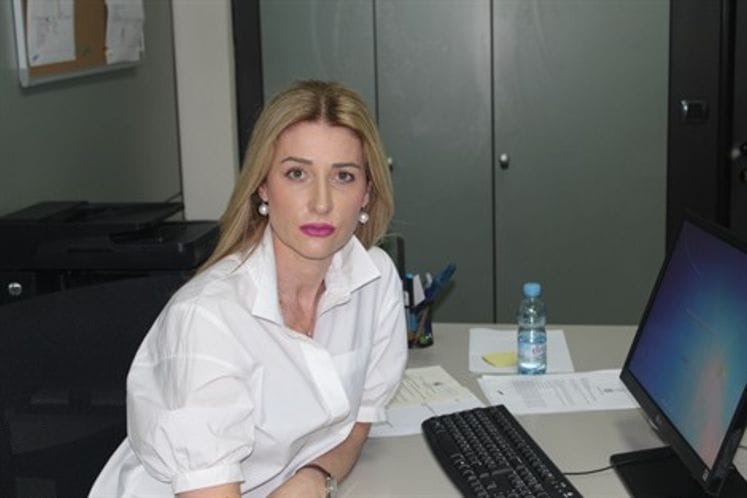- Government of Montenegro
Ministry of European Affairs Simović: State to be well prepared for EU labour m...
Please note: The page below represents the archived content relating to the previous Government of Montenegro. Some of the information might be inaccurate or outdated.
Archive
Simović: State to be well prepared for EU labour market

Published on: Aug 12, 2019 • 7:00 AM Author: KEI
European labor market faces the lack of doctors, dentists, engineers, architects and artisans. It will be difficult to assess whether Montenegrin workers will go to EU countries once we become an EU member, Chief Negotiator for Chapter 2 - Freedom of movement for workers Ljiljana Simović told TVCG.
According to Simović, experience of the other countries showed that about one percent of the workforce leaves the country following the EU membership.
“Experience showed us that one percent of the population has migrated during the previous EU accession processes. Two million workers have left Poland after this country joined the EU, so it had to conclude a contract with Ukraine on imports of labour”, Simović explained.
She also noted that it is difficult at this time to assess what will happen in case of Montenegro.
“It is difficult to evaluate whether one percent of the population will leave Montenegro once the country joins the EU. We are sure that there will be changes in the labour market, but these changes do not necessarily mean that there will be an outflow. It will depend on the economic ambience, working conditions, as well as on how you create life in Montenegro and keep your workforce”, Simović pointed out.
She added that we know what professions are deficit in the EU labour market.
“Professions such as doctors, dentists, engineers and architects are always deficit. It should always be borne in mind that countries that are seeking such professions also seek for language knowledge. We have 47 deficient occupations”, Simović said.
When Montenegro becomes a member, we will be able to access the EURES (European Employment Service Network). This portal announces more than 2 million job vacancies.
About 3 million EUR to access EURES
Simović explains that all of this is not simple, adding that the Employment Service`s preparations for access to EURES will cost about three million EUR.
“It is necessary to train the staff and IT training of the Employment Service. At the moment, we cannot know if this is enough money”, Simović said.
Accessing EURES and creating a portal will give citizens an insight into job vacancies in EU Member States, Norway, Iceland, Switzerland and Liechtenstein. Simović noted that we must be ready to join EURES when we become a member state.
“When Croatia joined the EU, they were not ready to use the EURES portal. The EC told them – you had a pre-accession period. We are talking about the need to educate people for the use of EURES”, Simović noted.
About 1 million EUR for the introduction of a European Health Card
In addition to this cost regarding Chapter 2, we will have another one – introduction of a European Health Card.
“When it comes to the European Health Card in Croatia, this was a cost of 0.5 percent of total health care expenditures; Montenegro allocates 200 million EUR for health care”, Simović explained.
Chapter 2 - Freedom of movement for workers, in addition to EURES, and the European Health Card, also covers social security schemes.
According to Simović, the EC project of 400,000 EUR resulted in preliminary analyses that showed how much all the adjustments would cost Montenegro. The Ministry of Labour adopted in March an action plan, which is valid until 2022 and envisages strengthening of administrative and institutional capacities, which is a recommendation from the EC Report.
Adoption of several laws planned, such as the Foreigners Law the Labour Law…
“We have limited progress in this Chapter 2 and the recommendations relate to the establishment of administrative capacity”, Simović said.
It is still unknown whether Montenegro will have a “transition period” in this chapter.
“I do not think we can jeopardise the EU labour market, but we still do not know if there will be a transition period”, Simović noted, adding that all the conditions for closing Chapter 2 could be fulfilled in 2022.
Source: RTCG Portal
Related articles:
Twenty-sixth Newsletter on European integration Dec 29, 2023
Is this page useful?
